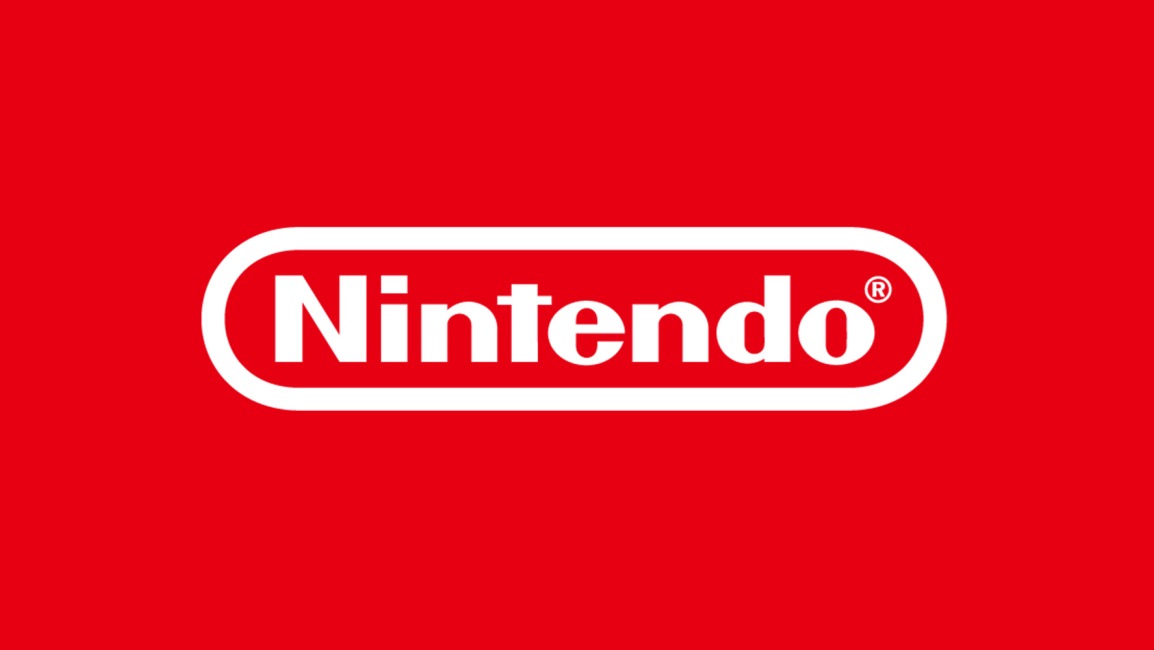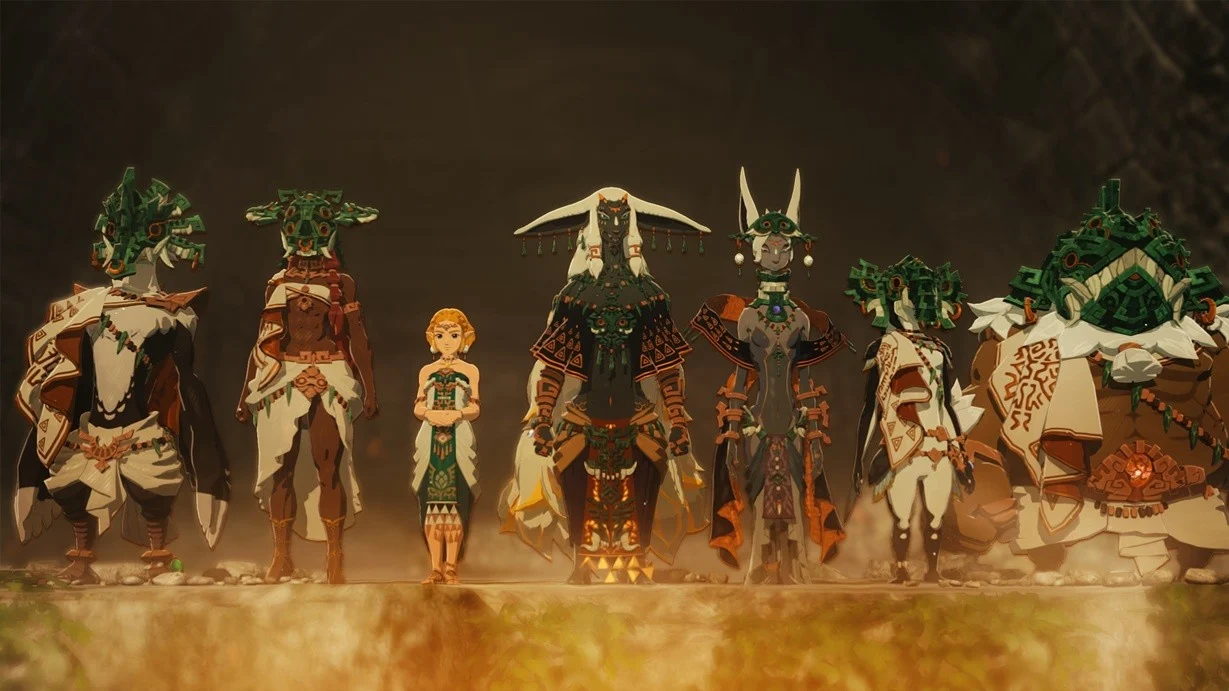Nintendo’s product presentations—including Nintendo Directs and official trailers—are instantly recognizable, not just for their iconic game reveals, but also for their distinctive, formal language.
Observant fans and industry insiders alike have noticed Nintendo’s habit of referring to products in a unique, somewhat unusual way: game titles are always appended with the word 'game,' and platforms become the '[platform] system.' This careful phrasing sets Nintendo apart from industry peers like PlayStation and Xbox, who commonly refer to their products in a more casual manner.
This linguistic quirk isn't just a matter of corporate style.
It's rooted in deliberate policy, as revealed by Krysta Yang, a former Nintendo of America spokesperson, in a recent interview with Polygon.
When asked about the motivation behind such formal product references—like calling it 'the Mario Kart World game for the Nintendo Switch 2 system' rather than simply 'Mario Kart World for Nintendo Switch 2'—Yang explained that this is a direct result of legal and intellectual property due diligence within Nintendo.
'At Nintendo, we were instructed by the legal and intellectual property departments to always refer to products with specific phrasing,' Yang stated.
She clarified that the goal of this strict language protocol is to protect the integrity of Nintendo's brand names.
Nintendo’s legal counsel uses the example of 'Bandaid,' a brand that became a generic term for all adhesive bandages, potentially diluting its trademark.
By always using precise language—referring to 'the Nintendo Switch system' and 'the Mario Kart World game'—Nintendo ensures its brand identity remains clear and legally distinct in the marketplace. Nintendo, headquartered in Kyoto, Japan, has long been known for its meticulous approach to brand management, from household franchises like the Super Mario series to hardware releases such as the Nintendo Switch.
Since launching in March 2017, the Nintendo Switch system has sold over 125 million units worldwide, further cementing the importance of strong, consistent branding and intellectual property protection for the company’s ongoing success. Although some fans and commentators find Nintendo’s marketing speech unconventional or stilted, the approach is purposefully maintained to safeguard against brand dilution and to uphold the robust legal framework that surrounds Nintendo’s vast product portfolio.
As explained by Yang, it's unlikely that this practice will change anytime soon, given Nintendo’s unwavering commitment to legal and branding standards. For gaming professionals and enthusiasts who closely follow Nintendo Direct presentations and official announcements, this insight offers a clearer understanding of the legal reasoning behind Nintendo’s precise language and why it stands out in the gaming industry.
Observant fans and industry insiders alike have noticed Nintendo’s habit of referring to products in a unique, somewhat unusual way: game titles are always appended with the word 'game,' and platforms become the '[platform] system.' This careful phrasing sets Nintendo apart from industry peers like PlayStation and Xbox, who commonly refer to their products in a more casual manner.
This linguistic quirk isn't just a matter of corporate style.
It's rooted in deliberate policy, as revealed by Krysta Yang, a former Nintendo of America spokesperson, in a recent interview with Polygon.
When asked about the motivation behind such formal product references—like calling it 'the Mario Kart World game for the Nintendo Switch 2 system' rather than simply 'Mario Kart World for Nintendo Switch 2'—Yang explained that this is a direct result of legal and intellectual property due diligence within Nintendo.
'At Nintendo, we were instructed by the legal and intellectual property departments to always refer to products with specific phrasing,' Yang stated.
She clarified that the goal of this strict language protocol is to protect the integrity of Nintendo's brand names.
Nintendo’s legal counsel uses the example of 'Bandaid,' a brand that became a generic term for all adhesive bandages, potentially diluting its trademark.
By always using precise language—referring to 'the Nintendo Switch system' and 'the Mario Kart World game'—Nintendo ensures its brand identity remains clear and legally distinct in the marketplace. Nintendo, headquartered in Kyoto, Japan, has long been known for its meticulous approach to brand management, from household franchises like the Super Mario series to hardware releases such as the Nintendo Switch.
Since launching in March 2017, the Nintendo Switch system has sold over 125 million units worldwide, further cementing the importance of strong, consistent branding and intellectual property protection for the company’s ongoing success. Although some fans and commentators find Nintendo’s marketing speech unconventional or stilted, the approach is purposefully maintained to safeguard against brand dilution and to uphold the robust legal framework that surrounds Nintendo’s vast product portfolio.
As explained by Yang, it's unlikely that this practice will change anytime soon, given Nintendo’s unwavering commitment to legal and branding standards. For gaming professionals and enthusiasts who closely follow Nintendo Direct presentations and official announcements, this insight offers a clearer understanding of the legal reasoning behind Nintendo’s precise language and why it stands out in the gaming industry.






